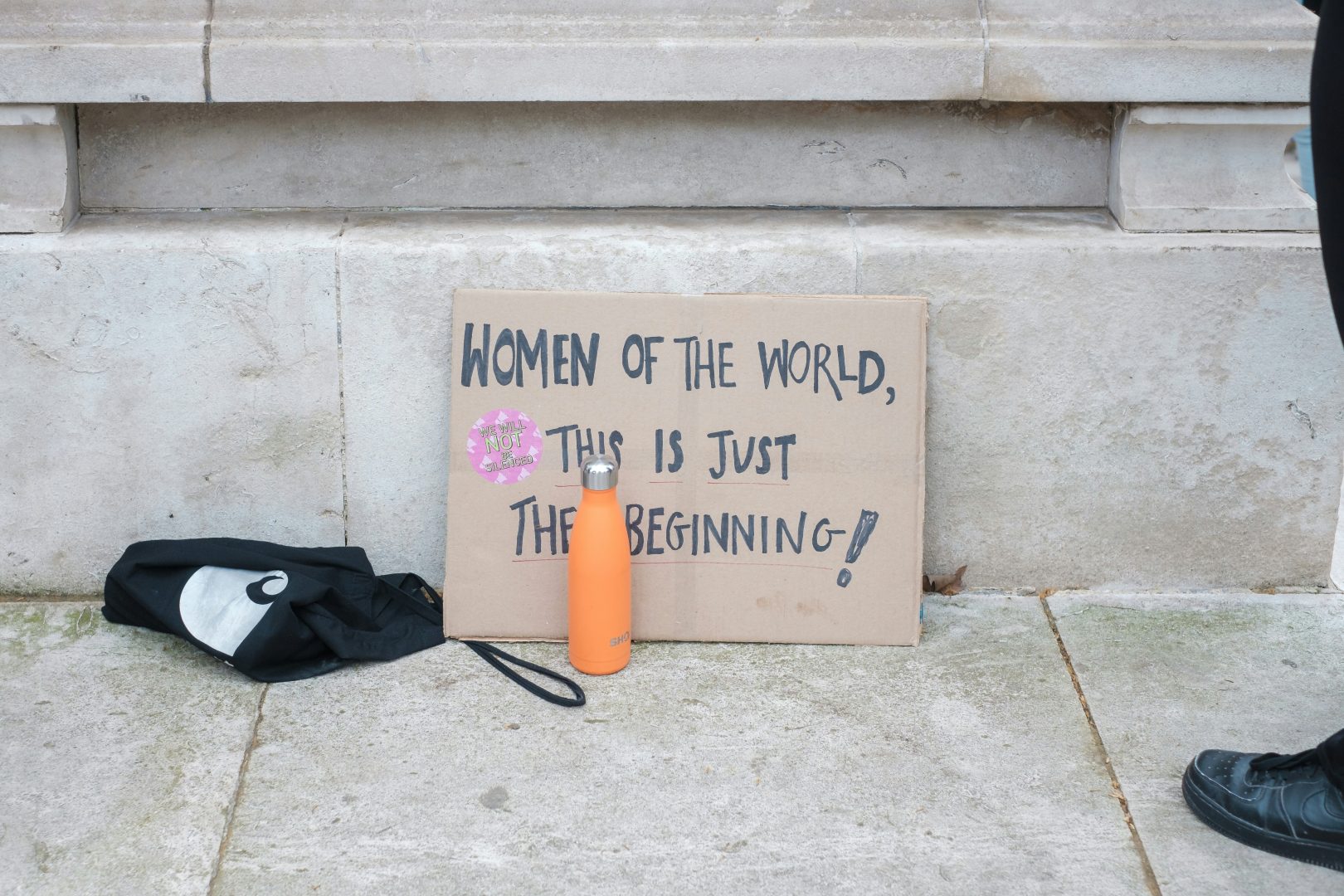Showing Up for Women this Women’s History Month and Beyond
Every March, we celebrate and honor Women’s History Month by focusing on the incredible accomplishments of women. Our focus should go beyond the generosity of women like MacKenzie Scott, who has promised to give away most of her fortune by challenging traditional grantmaking. It stretches further than celebrating talented athletes like Caitlin Clark, who by breaking the Division I record for total points scored defied gender barriers and roles in college basketball, right in time for the most sacred season of March Madness.
Amid the celebrations are also the cold, harsh economic realities of too many talented, yet underpaid leaders. Pay inequities are not just a Hollywood story. Across all sectors, we can find women like actress Taraji P. Henson who shared a decades long history of being undercompensated compared to her white and male counterparts.
When we talk about leveling the playing field, what is it we really mean?
Women’s Equal pay day fell on March 12th in 2024, but even that pay day is misleading. It really should be called White Women’s Equal Pay Day, because that is who earns 79 cents to every white male counterpart’s 1 dollar. Black women today earn just 64 cents to every dollar. Latinx women earn 52 cents to every dollar. Indigenous women are paid 55 cents to every dollar. Often, women’s funding does not include race as a factor. Initiatives like The Black Girl Freedom Fund, Grantmakers for Girls of Color, and Women & Girls of Color Fund are helping to repair that harm.
As the world rightly focuses on pay equity, representation and full decision-making power over our lives and bodies, philanthropy has an obligation to just how little funding there is for gender justice causes. Despite 2017’s #MeToo movement, philanthropic investments have been dismal and barely kept up with inflation. 1.6% of funding goes to support women and girls, .5% goes to women and girls of color, and funding for trans communities was a teeny .015% in the last decade.
This Women’s History Month let us especially celebrate, honor, and remember women and gender nonconforming people who stand on the frontlines of every social movement in this country. Those who use their First Amendment right to speak loud and clearly in favor of real gender equity and reproductive justice.
Afterall, the origins of Women’s History Month in the US began as a demonstration to commemorate an economic strike. According to the National Women’s History Alliance, the 2024 theme for Women’s History Month is “Women Who Advocate for Diversity, Equity and Inclusion.”
How will your philanthropy demonstrate this advocacy – in March – and beyond?























































































































































































































































































































































































































[…] Leveling the Playing Field (Suhasini Yeeda, NCRP) […]